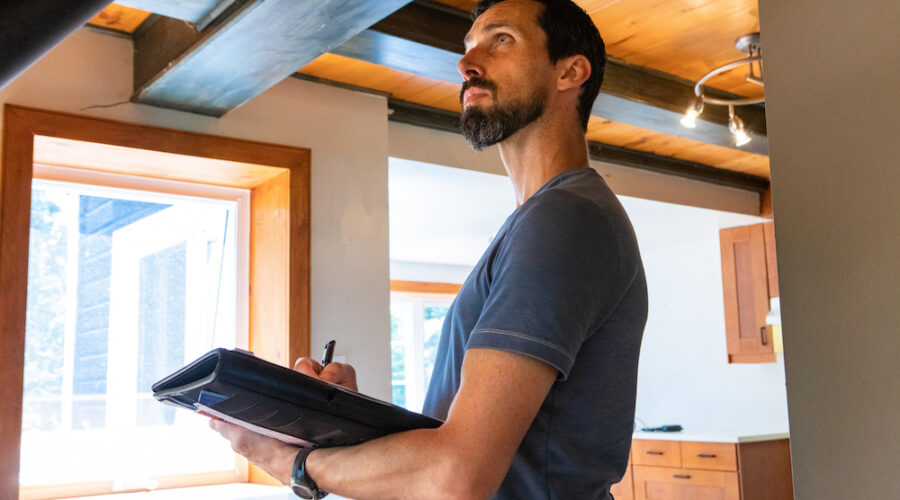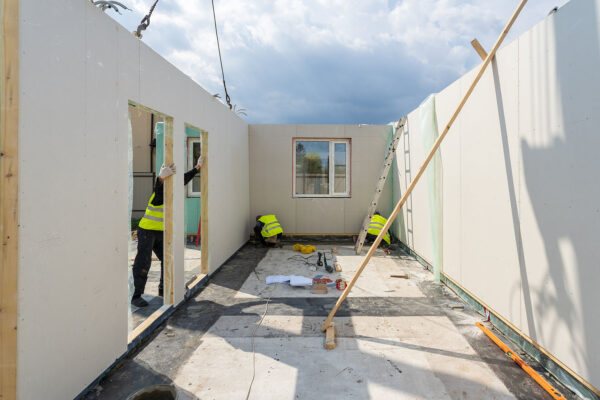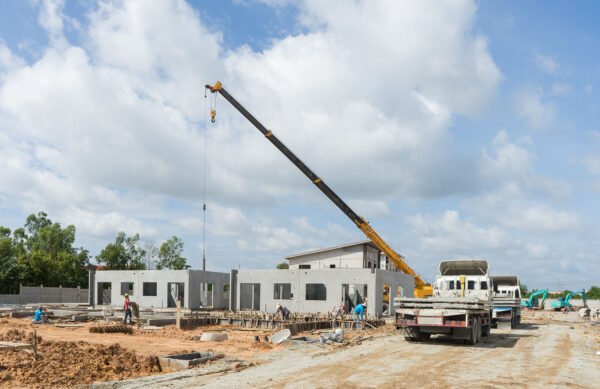Ohio prefab homes, including modular and manufactured styles, are a growing sector in Ohio’s housing market. They offer a blend of affordability, customization, and convenience that is enticing to a wide range of homeowners. However, the appraisal process for prefab homes can differ from that of traditional site-built homes, and understanding these differences can help ensure homeowners recognize the true value of their property.
Appraisals are an essential part of the home buying and selling process. Trained experts come onsite to offer a property value based on specific criteria. Ohio prefab homes are subject to similar scrutiny by assessors, but location, age of residence, and other factors come into play. Find out whether Ohio prefab homes are appraised differently and how to get a good appraisal.
What is an Appraisal?
An appraisal looks at the valuation of a prefab home to determine a reasonable asking price at sale. Homeowners may also get appraisals when they look to refinance for equity purposes. Appraised prefab homes are inspected by approved appraisers using guides like the NADA Manufactured Housing Appraisal Guide. This guide looks at values based on construction, depreciation, and the process of getting reasonable retail value for a prefab home. Ohio is a growing market for prefab homes, with individuals and families moving here for the ever-increasing economy, good schools, and lower cost of living.
Choosing an Appraiser
Before the housing market crash, homeowners could select their appraisers. Then the federal government took over the state’s appraisal process of appraising homes and authorized banks to use an approved list. Appraisers will review construction plans, design, and more. An approved appraiser is a person who covers the state (Ohio) and the region where the home is located.
Modular vs. Site-Built Homes
The federal government regulates the appraisal of homes in Ohio. Banks offer their approved list of appraisers who inspect the home and draft their reports. Ohio prefab and site-built homes are the same when evaluating construction, as they are held to the same code standards. The U.S. The Department of Housing and Urban Development (HUD) considers them the same type of structure. Reporting is the same for appraisal purposes. An appraiser is typically going to look at the following:
- Neighborhood
- Zoning
- Size of lot
- Presence of a garage
- Exteriors like siding, roofing, and foundation
- Interior spaces like bathrooms and kitchen, the presence of a basement, overall square footage, and construction materials used.
The key factor affecting how prefab homes are appraised is whether they’re categorized as real property or personal property.
Real property refers to a home that is permanently affixed to a plot of land owned by the homeowner. Most modular homes fall into this category because they’re placed on a permanent foundation, making them similar to site-built homes in the eyes of lenders and appraisers. These homes are appraised similarly to traditional homes, using factors such as location, home size, design, and comparison with similar properties in the area.
Manufactured homes, on the other hand, may be classified as personal property if they’re not permanently affixed to land that the homeowner owns. For example, if the home is in a leased land community (also known as a mobile home park), it may be appraised more like a car than a house. This classification can result in lower appraisal values and more challenging financing. However, if a manufactured home is placed on a permanent foundation on land owned by the homeowner, it can be classified as real property and appraised accordingly.
Ohio Prefab Homes
When it comes to Ohio prefab homes, they are evaluated much the same as site-built homes. The key difference is where (neighborhood, city, town) and how they were built (construction materials used, etc.). Prefab homes are holding their own against traditional brick-and-mortar homes in value and investment potential. Since Ohio is an up-and-coming market for prefab homes with great places to build, there is excellent potential in buying or selling a prefab home with retained value now and in the future.
Despite the appraisal complexities, Ohio prefab homes remain a valuable asset for many reasons:
-
Affordability: Prefab homes are often more affordable than their site-built counterparts. This makes homeownership accessible to more people and can free up funds for other investments or expenses.
-
Energy Efficiency: Many modern prefab homes are designed with energy efficiency in mind. This can reduce utility costs over time, adding to the home’s value.
-
Customization: Prefab homes can often be customized to a high degree, allowing homeowners to create a space that fits their needs and preferences. This degree of personalization can significantly enhance the satisfaction and enjoyment of the home.
-
Quality Control: The factory-controlled setting for building prefab homes allows for stringent quality control, which can result in a well-built home that stands the test of time.
While the appraisal process for prefab homes may differ from traditional homes, they are still a valuable asset. The benefits they offer make them a smart choice for many Ohioans seeking affordable, customizable, and efficient housing options. Understanding the nuances of prefab home ownership and appraisal can help homeowners make informed decisions and appreciate the full value of their investment.




